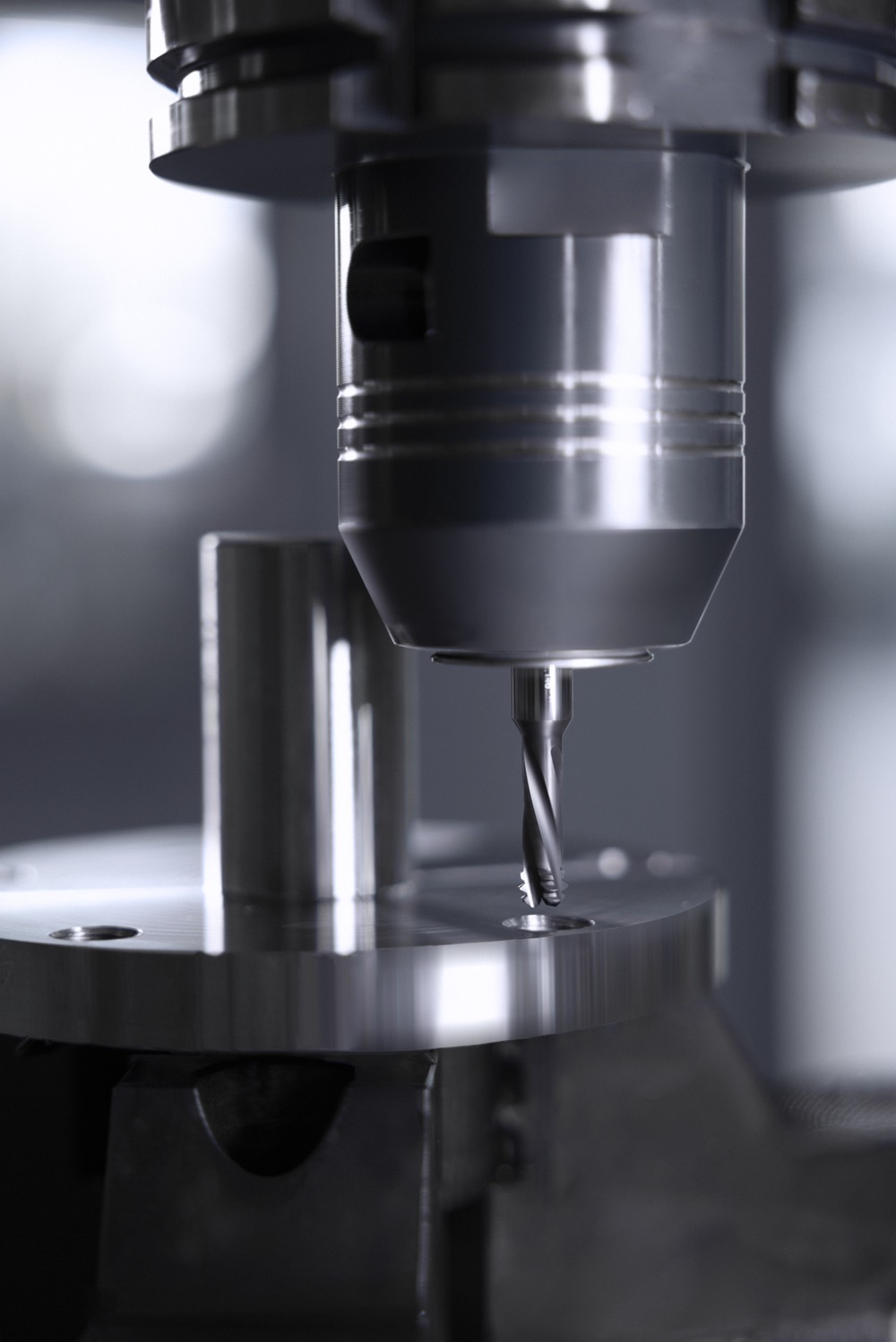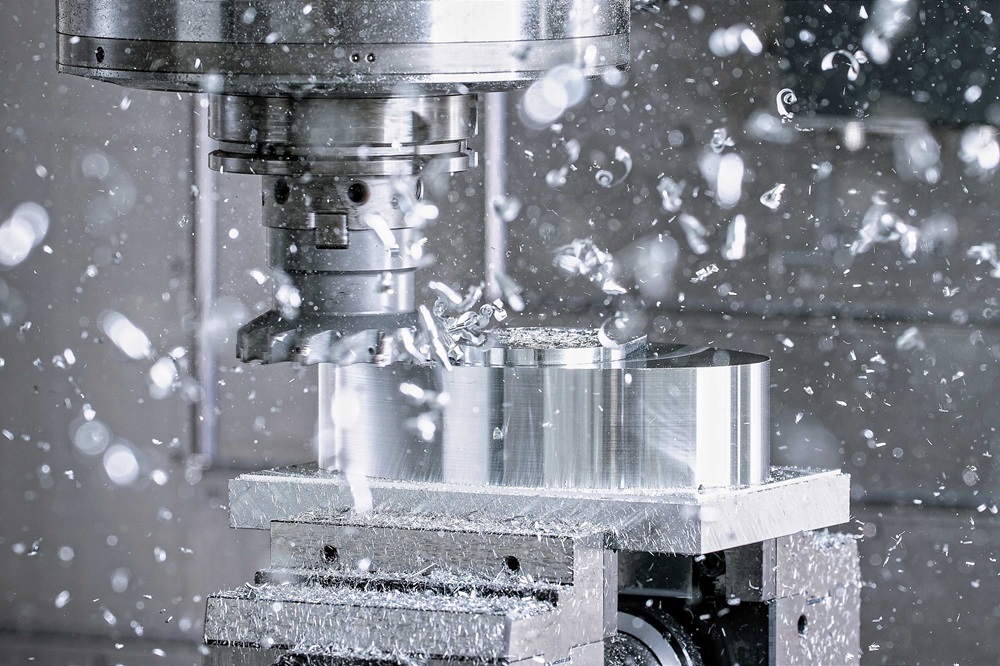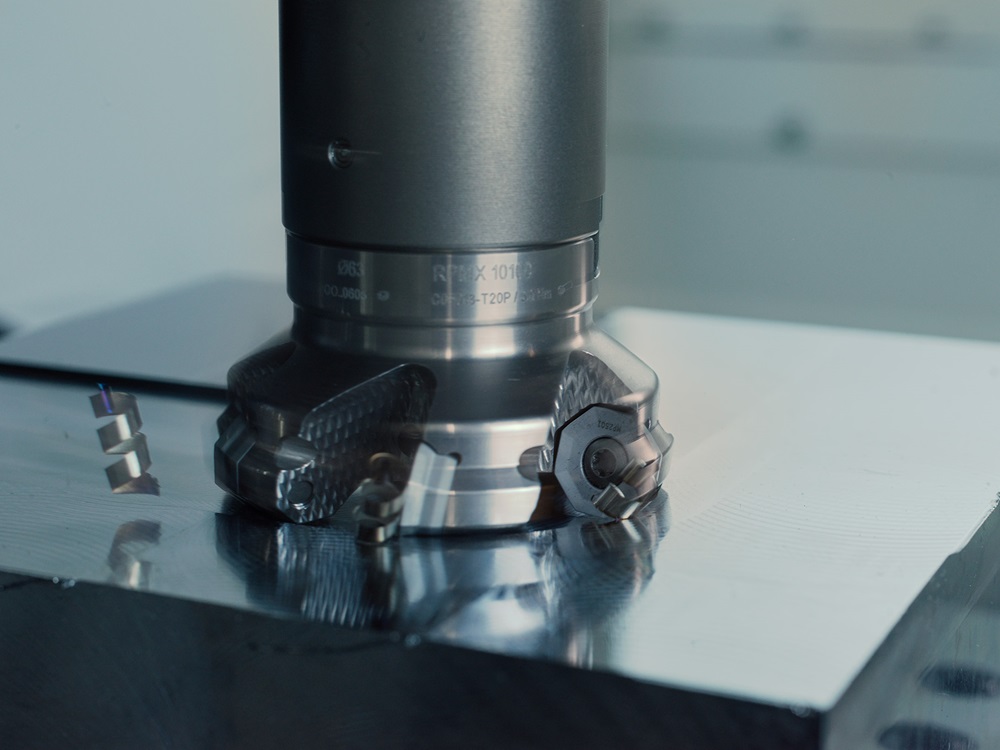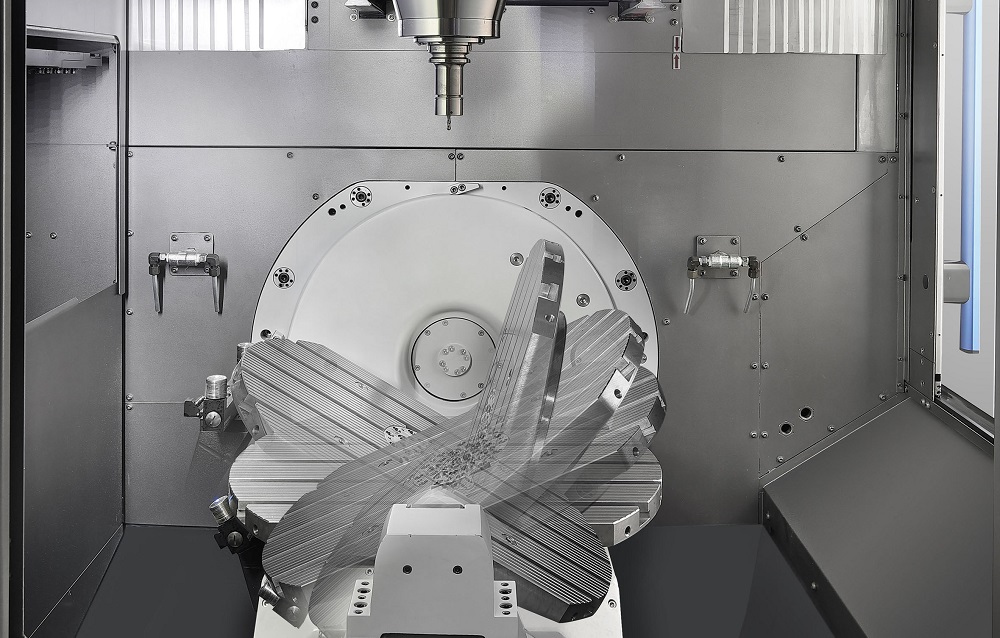Allied Machine and Engineering, a manufacturer of hole-making and finishing cutting tools for the metal-cutting industry, is adding to its product offer with the release of T-A Pro kits – a foundational cutting tool solution for a wide range of hole sizes.
The holder kits, which are available in 3xD and 5xD as well as flat and cylindrical shanks, allow customers to drill anything from 12.7 to 35.04 mm. With each insert kit featuring 12 commonly used diameters, users also have the opportunity to select an ISO-specific option that best meets their needs. From a carbide insert with a more universal geometry to a general-purpose insert that tackles a range of materials, the insert kits are available in ISO P, K, N, M and X (HSS substrate).
Ultimately, Allied Machine says T-A Pro kits provide customers with a high-performance drilling solution that combines exceptional penetration capabilities and versatility across a wide range of sizes, delivering both efficiency and value. For small to mid-size shops, the kits act as an introduction to the T-A Pro product line while offering a solution to drill a range of common industry diameters. Additionally, T-A Pro kits are suitable for customers who have recently purchased a CNC machine: the kits act as a ready-to-use solution that maximises their investment as soon as the machine hits the floor.
As a starting point for a variety of application needs, T-A Pro kits build a good foundation for users. As T-A Pro has a full diameter range of 9.50 to 47.80 mm, users can expand into smaller or larger diameters, as well as depths from stub to 15xD.
More information www.alliedmachine.com



















